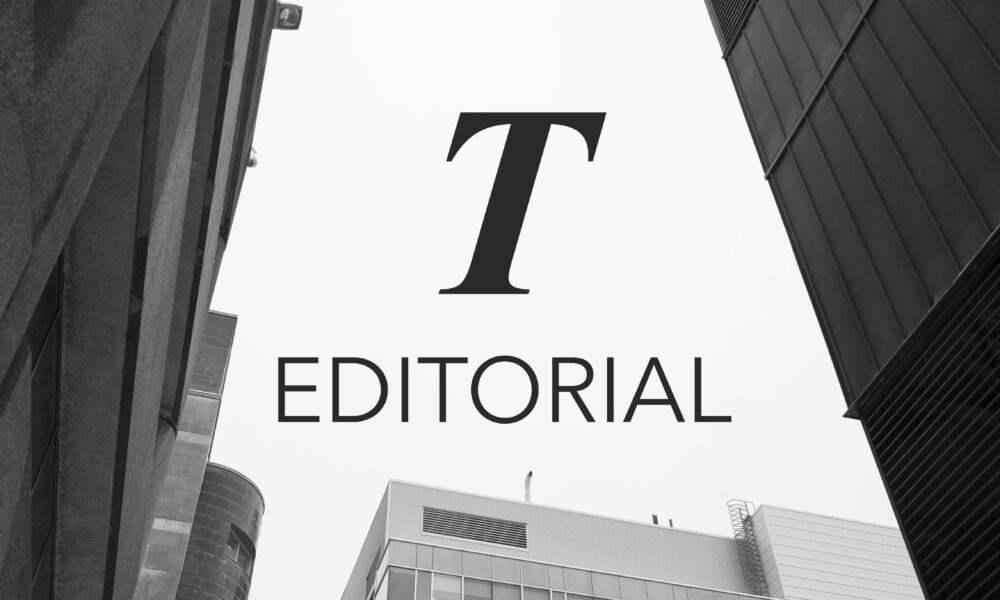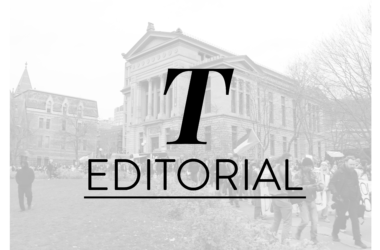The debate over free speech in higher education has attracted significant attention in recent months. Elite universities, such as Harvard and the Massachusetts Institute of Technology (MIT), have received international attention as raging conservative movements take down administrations while these same administrators stumble over institutional oppression. Recent right-wing backlash against Harvard’s former President, Claudine Gay, highlights the parallel limitations of free speech at McGill. On campus, speaking out against conservative anti-intellectualism is necessary to ensure that campus activism and a better institutional future can exist.
On Jan. 2, Gay resigned from her position following a campaign against her which manifested widespread racist and sexist harassment. Billionaire Harvard alumnus Bill Ackman and conservative activist Christopher Rufo levied accusations of plagiarism against Gay as part of their harmful fight against DEI (Diversity, Equity, and Inclusion) at Harvard. Their public attacks built on national criticism of her response to on-campus antisemitism, which reached a high point in early December when Republican Representative Elise Stefanik challenged Gay and the presidents of University of Pennsylvania (UPenn) and MIT in Congress. Accusations of plagiarism against Gay and her questionable response to activism against the ongoing genocide in Palestine deserve legitimate consideration and scrutiny, but her right-wing critics’ actions betray their dangerous motivations: Weaponizing conversations around antisemitism and academic integrity against free speech.
As a Black woman and a child of Haitian immigrants, Gay has consistently been held to unattainable standards and directly targeted with slurs and other racist, xenophobic threats. Criticisms of Gay’s DEI measures have explicitly racist undertones and emerge from far-right rhetoric which similarly deploys “woke” as a hateful stand-in for “Black.” With conservatives claiming Gay’s resignation as a “culture war” victory, the former president suffered unconscionable mistreatment with her identity making her the perfect figurehead for white supremacist attacks on academia.
Examining the claims against Gay raises broader questions about the state of academic freedom at universities. Gay’s fellow academics, including one alleged victim of her plagiarism, have defended her qualifications against uneven understandings of plagiarism’s harms. What is the effect of unveiling plagiarism among groundbreaking scholars with significant contributions to their fields? Who has the power to control conversations and include or exclude certain voices? And how do we determine what is ‘political’ amid institutional systems founded upon and sustained by colonial ideals?
Discussions of academic freedom require recognition of how definitions of freedom of speech can be politically motivated. The asymmetrical repression of free speech depends on students’ positionalities and politics. Just as President Gay was at higher risk against conservative attacks, Harvard students experienced the same vulnerability under her administration when the university met pro-Palestine demonstrations with increased surveillance and policing, most directly affecting Black, Indigenous, and Arab students and students of colour.
At McGill, the administration has routinely condemned pro-Palestine activism and remained silent on violent threats toward Palestinian students while claiming to remain apolitical. McGill repeatedly uses the excuse of political neutrality when confronted with activism against their white supremacy and settler colonialism. Consider the institution’s denial of unmarked graves in response to the Mohawk Mothers’ tireless fight and the administration’s refusal to take responsibility for platforming a transphobic speaker. Still, situations such as the administration’s vocal support for Ukraine demonstrate that our institutional leaders determine what is political based on what best serves their interests.
McGill, too, is an elite institution with significant international influence, and many current McGill students will go on to be the next generation of foreign policymakers, global affairs advisors, and “Middle East Affairs” experts. Currently, three of Montreal’s Liberal Members of Parliament, Anthony Housefather, Anna Gainey, and David Lametti––all with ties to McGill––have sent a letter to Canadian universities attempting to carry out the same right-wing campaign which Rep. Stefanik levied against President Gay in the name of “opposing antisemitism.” Restricting freedom to criticize the institution will continue to produce McGill graduates who maintain the university’s historical, colonial power.
The McGill community must not participate in these active threats against academic freedom. Where higher education is supposed to teach students to think critically and speak truth to power, McGill is denying students these rights by challenging forms of research and campus activism that question the institution. Repressive academic environments are ultimately antithetical to the very possibility of free speech.





